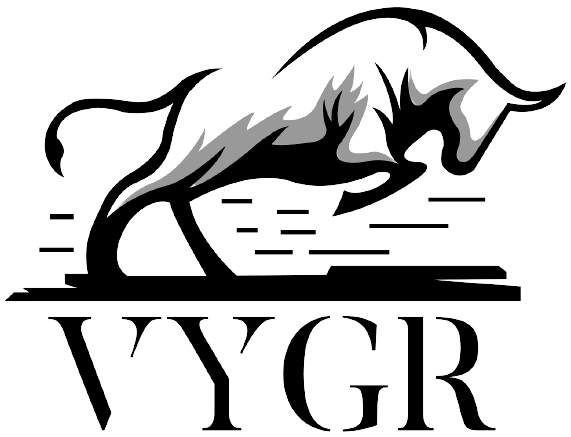Today, Japan began discharging treated radioactive water from the wrecked Fukushima nuclear power plant into the Pacific Ocean. On Tuesday, Japan said that it would proceed with a plan to begin the release of more than 1 million metric tons of treated radioactive water from the damaged Fukushima nuclear power plant into the sea on August 24. This divisive action spurred China to put an immediate blanket ban on all Japanese aquatic products.
"I expect the water release to start on August 24, weather conditions permitting," Prime Minister Fumio Kishida said.
The first discharge will consist of 7,800 cubic meters of water, or around three Olympic-sized swimming pools, and will take place over about 17 days starting on Thursday, according to Tepco. The water will first be discharged in smaller parts and with further tests.
According to Tepco, the tritium content of that water will be around 190 becquerels per liter, which is less than the 10,000 becquerels per liter drinking water limit set by the World Health Organisation. Radioactivity is measured in becquerels.
The plan, which the Japanese government approved two years ago as essential to decommissioning the plant run by Tokyo Electric Power Company (Tepco) (9501.T), has come under protest from regional fishing organizations concerned about reputational harm.
According to Japan, the water release is safe. The plan was approved in July by the International Atomic Energy Agency (IAEA), the U.N. nuclear watchdog, which said that it matched international standards and would have "negligible" effects on people and the environment.
The Fukushima Daiichi reactor is being decommissioned after a tsunami wrecked it in 2011, and the discharge is an important step in that process.
Despite guarantees, some of the neighboring countries have expressed doubts about the plan's safety, with China being the biggest critic.
China is "highly concerned about the risk of radioactive contamination brought by... Japan's food and agricultural products," the customs bureau said in a statement.
China, however, reaffirmed its steadfast opposition to the plan and stated that the Japanese government did not prove the safety of the water discharged.
China has also come under criticism from Tokyo for disseminating "scientifically unfounded claims."
"The Japanese side should not cause secondary harm to the local people and even the people of the world out of its selfish interests," its foreign ministry said in a statement.
According to Prime Minister Fumio Kishida, Japan has requested China to immediately withdraw its prohibition on the import of aquatic products and seeks a scientifically informed discussion on the effects of the water release.
In March 2011, the Fukushima Daiichi nuclear power facility was ruined as a result of three reactors melting due to a 9.0 magnitude earthquake that also triggered strong tsunami waves.
(Image: AP)
© Copyright 2023. All Rights Reserved Powered by Vygr Media.





